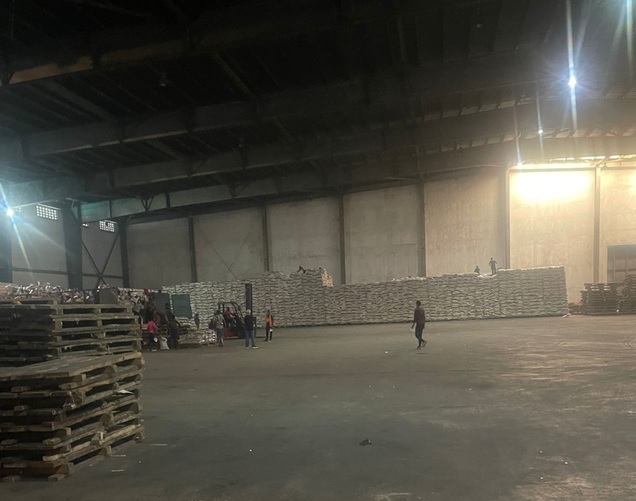LIBERIA – Liberians are facing a potential shortage of Rice, the country’s staple food, a survey conducted by local Journalists revealed.
According to the survey, rice may run out at the close of the year if the Liberian government fails to take proactive action.
People close to the rice trade and the ministry of commerce say from September 2021 to date, the government of Liberia has not actualized an offer made to rice importers to provide subsidies for the importation of the commodity.
The Liberian government’s offer was intended to stabilize and maintain the retail price of a 25kg bag of rice at US$13.
However, it appears the government is not making good their pledge to provide the subsidy, which is allegedly undermining the capacities of the several rice importers in the country.
There are about five major rice importers in the country that include Fouta, Fouani, SWAT, K and K, and UCI. However, UCI has since stopped importation over a year ago, according to people close to the rice industry in the country.
The government’s subsidy offer was made based on mutual understanding with rice importers, according to top sources that suggested the Government of Liberia is not living up to the mutual agreement reached with importers.
As a result, other sources within the rice sector and the Ministry of Commerce disclosed that the importers are reluctant to submit any Import Notification Form (INF) to the Ministry of Commerce for importation due to the huge losses they continued to accrue in the rice importation business.
This latest situation is causing a shortage of the commodity on the local market; as visit at several rice, warehouses either show empty hall or limited quantity of the product.
A Survey shows that some retailers are profiteering, while the importers and operating on losses. The survey discovered that the retailers are in fact making a margin of about US$ 2-3 on a bag of 25kg of rice; whereas, the importers of the commodity operate at a loss.
A retailer who spoke in an interview with journalists recently suggested urging the government to increase the retail price of rice to avoid the shortage.
Sarah Teah stated that the government continued engagement with importers for solutions to the problem could avert a potential shortage.
Information gathered from other retailers disclosed that some importers are demanding the purchase of other commodities such as chocolate, milk, juices, etc. before they are allowed to buy rice.
Another retailer, Ducan Kpakaler told Journalists that some importers have secretly increased the price of a bag of rice. According to Kpakalar, a particular rice importer usually use some of its local employees to demand that one should give them for instance, US$14 per bag before they are sold rice, adding that when the invoices on the purchase are prepared for the buyer, it is stated US$ 13 for a bag instead of US$14.
“This clearly shows that rice has become gold dust in Liberia as it was during the height of the bloody civil crisis in the 19190s”, another rice retailer observed.
Due to the scarcity of rice, retailers go to some of the importers’ warehouses as early as 3:00 am to form a queue in order to purchase rice; at times, they would be unsuccessful to buy rice and have to return the next morning.
Based on analysis from the ministry of commerce, the country’s staple food could get out of stuck between October-December 2022.
There will be a scarcity of rice in the Liberian market if the government fails to play a proactive role in the matter, according to Another Harris, a political commentator.
Considering rice as a political commodity and the nation’s staple food, this could have both political and economic consequences, if the government does not swiftly intervene, he added.
Meanwhile, sources have said that major rice importers are venturing into other profit-making businesses as a means of transitioning from the usual rice importation business; because of the losses associated with the business.
It is alleged that some of the importers are concentrating either in the cement, gas, or building sectors.







